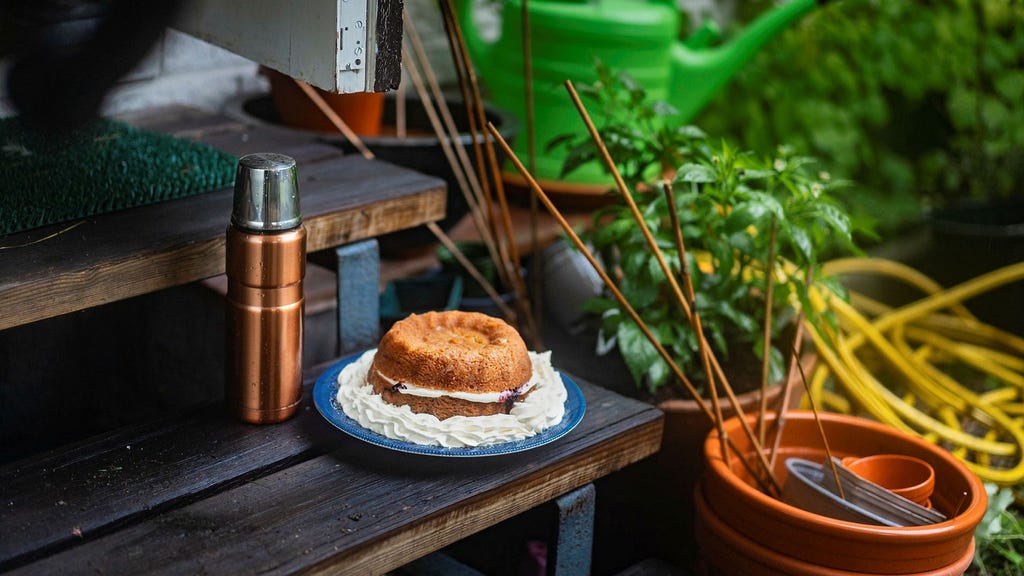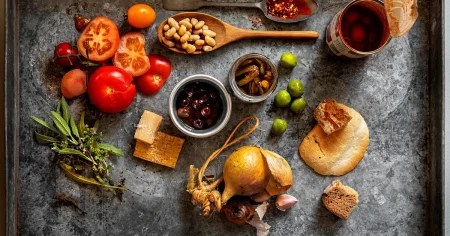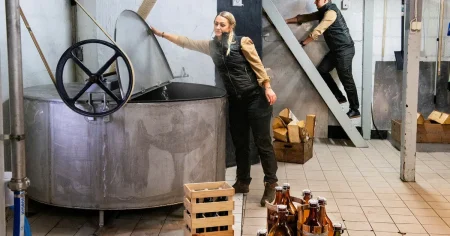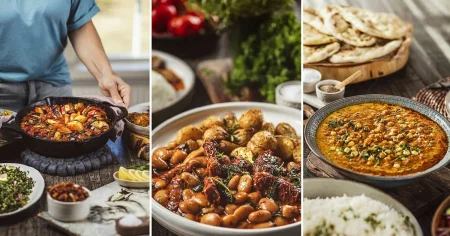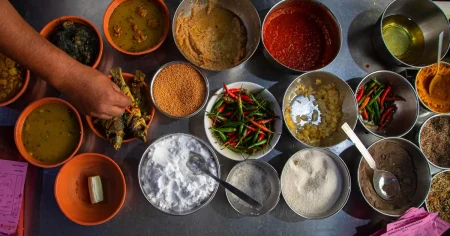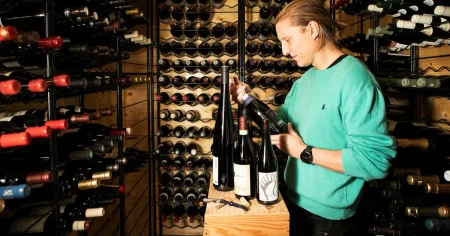The article reflects on the cultural significance of coffee in Swedish society, particularly the traditional ”kaffe” experience that many people fondly remember from their childhoods. Jens Linder, the author, reminisces about a time when coffee primarily referred to brewed coffee, often enjoyed alongside simple treats for dipping. He shares personal memories of his childhood, emphasizing the central role that baked goods, such as sockerkakor (sponge cakes), played during these coffee rituals. This nostalgia serves as a lens through which to examine the concept of the “folkhemmet” or people’s home, a term symbolizing the social safety net and communal values that have characterized Swedish society.
Linder reveals how these coffee breaks, often referred to as ”fika,” extend beyond mere consumption of coffee and pastries. They foster social connections, facilitate conversations, and create moments of comfort and relaxation. The practice of gathering for coffee is deeply ingrained in Swedish culture, signifying not only a break from daily routines but also embodying a broader sense of community. He notes how this ritual has evolved over time but continues to play a crucial role in maintaining social bonds and reinforcing a collective identity within Swedish society.
The author also discusses the various transformations in coffee consumption trends, highlighting how preferences have shifted with the rise of specialty coffee and modern brewing methods. While these changes reflect broader global coffee trends, Linder argues that they risk overshadowing the traditional coffee experience that many hold dear. He expresses a concern that the move towards more sophisticated coffee offerings may detract from the simplicity and warmth that characterize traditional Swedish coffee breaks.
Linder’s insights reveal a longing for a return to simpler times, where the act of enjoying coffee was more about connection than consumption. He posits that the essence of ”fika” is found not just in the beverages or treats themselves but in the shared moments they create. As societal pressures and lifestyles continue to change, he urges readers to preserve these meaningful rituals, as they are intrinsic to the Swedish way of life and contribute significantly to personal and communal well-being.
Throughout the article, the themes of nostalgia and tradition intertwine with contemporary societal challenges. Linder challenges readers to consider the significance of stopping to enjoy a moment of connection amidst a fast-paced modern life. He highlights the importance of maintaining these traditions, not just for the sake of nostalgia, but for fostering ongoing relationships and maintaining a sense of belonging in an ever-evolving society.
In conclusion, Linder advocates for the recognition and preservation of coffee culture as a vital thread in the fabric of Swedish life. The communal act of gathering for coffee, along with the accompanying treats, serves to reinforce social ties, offering solace and connection in an increasingly fragmented world. By cherishing these rituals, Linder suggests, individuals and communities can strengthen their bonds, ensuring that the spirit of the folkhemmet endures amidst changing times and trends. This reflection ultimately calls for a conscious effort to embrace and keep alive the simple joys that unify people.





